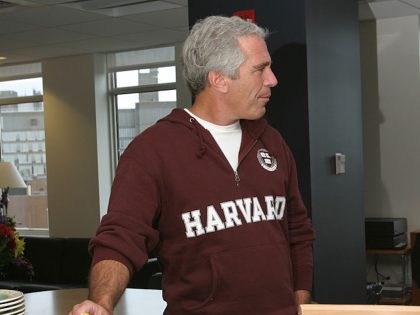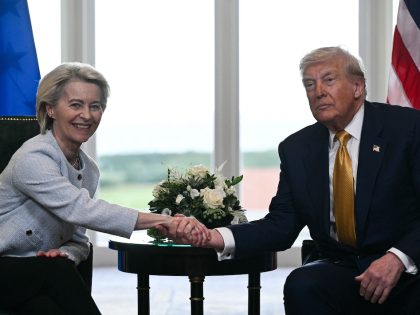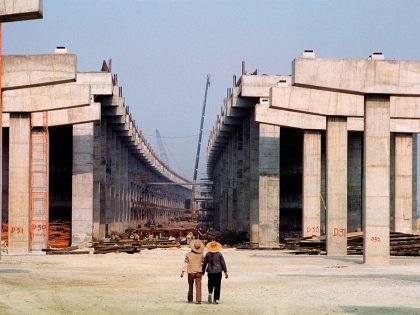
The New Scramble for Africa
The BRICS powers aren’t anti-colonial counterweights. They’re looking for new markets and resources for their corporations, just like Western countries.

The BRICS powers aren’t anti-colonial counterweights. They’re looking for new markets and resources for their corporations, just like Western countries.

New revelations show that Jeffrey Epstein’s interests extended far beyond money and sex with underage girls. Epstein used his influence to push aggressive solutions to geopolitical problems, particularly against America’s and Israel’s traditional adversaries.

Massive demonstrations in Hong Kong have forced the government to shelve a bill that could muzzle dissident voices. But the protesters are still on the streets — and they’re demanding the resignation of Hong Kong’s chief executive.

Despite its flowery rhetoric about transnational cooperation, Biden’s new National Security Strategy ultimately recommits to a basic principle of ruling-class foreign policy: US hegemony, now and forever.

The COVID-19 pandemic has triggered a dangerous escalation in tensions between China and the United States. But our allegiance shouldn’t be with either country’s ruling class — it should be with both countries' workers.

World-renowned scholar Walden Bello on the financialization of the Chinese economy, the middle-class roots of far-right movements, and the urgent need for a radical alternative to capitalism's crises.

Liberals and leftists agree: the International Olympic Committee is a blatantly hypocritical institution bent on prioritizing profits over people worldwide. Anti-Olympics activists can use this moment to fortify their long-standing efforts against the five-ring machine.

Hong Kong's government tried to rush through a bill that would limit civil liberties. Instead they triggered a tidal wave of protests — some of the largest in modern history.
Two decades of unprecedented infrastructure investments transformed China. Then the country hit a wall of debt.

EU chief Ursula von der Leyen has signed Europe up to a humiliating, unequal trade deal with the United States. The terms dictated by Donald Trump reflect Europe’s vassal status as an increasingly junior partner to US empire.

Once the poorer neighbor of Hong Kong, Shenzhen has been transformed into a showcase for the speed, power, and dynamism of Chinese development — and a study in extreme inequality.

The foreign policy establishment remains confident it can steer the US into a new age of global hegemony.

People aren't turning to socialism because they're naive. They're turning to socialism because they know we don't have to live in misery.

The Chinese model of state-directed capitalism is coming apart — and it’s unleashing a new authoritarianism.

Tech workers in China and the US recently united in the largest display of tech worker solidarity we’ve ever seen. It’s exactly what we need to prevent a global race to the bottom in tech.

The conventional wisdom about the Hong Kong protests is wrong. The threat to Hong Kong's already-weak democracy comes not only from China’s authoritarian state capitalism but the West’s neoliberalism.

We can oppose the saber-rattling and militarism of the US’s China hawks without downplaying the oppression of the Uyghur people.

The Chinese state's intervention after the stock market crash was immensely political — as was the collapse itself.
Taiwan's recent election was a referendum on its past — and a battle for its future.